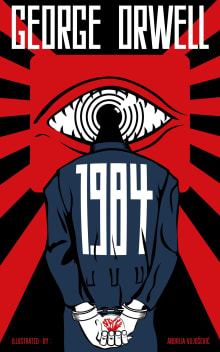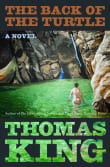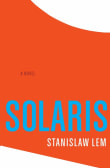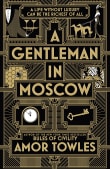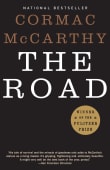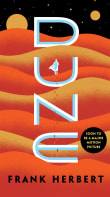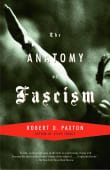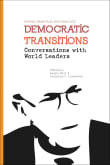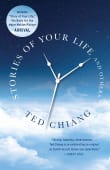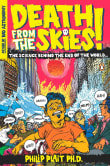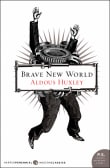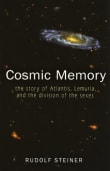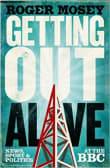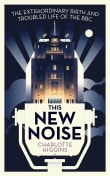Empire in the Sand


New book alert!
Why am I passionate about this?
I have been a writer for more than twenty years and have favored pursuing “truth in fiction” rather than “money in formula.” I also spent over thirty years in the corporate world and was exposed to many situations reminiscent of those described in my fiction and in these recommended books. While I support enterprise, “enlightened capitalism” is preferable to the bare-knuckle type we have today, and which seems to resurface whenever regulation weakens. I also find writing novels closer to my lived experience connects me intimately with readers who are looking for socio-political, realist literature.
Shane's book list on exposing corporate, political, and personal corruption
What is my book about?
Avery Mann, a retired pharmaceuticals executive, is in crisis.
His wife dies of cancer, his son’s marriage is on the rocks, his grandson is having a meltdown, and his good friend is a victim of the robocalls scandal that invades the Canadian federal election. Throw in a reckless fling with a former colleague, a fire that destroys his retirement property, and a rumour emerging that the drug he helped bring to market years ago may have been responsible for the death of his wife, and Avery’s life goes into freefall.
Does an octogenarian beekeeper living on Vancouver Island hold the key to Avery’s recovery, a man holding secrets that put lives in jeopardy? Avery races across the country to find out, with crooked bosses, politicians, and assassins on his tail. Joseph spins a cautionary tale of corporate and political greed that is endemic to our times.
Avery Mann, a retired pharmaceuticals executive, is in crisis. His wife dies of cancer, his son’s marriage is on the rocks, his grandson is having a meltdown, and his good friend is a victim of the robocalls scandal that invades the Canadian federal election.
Throw in a reckless fling with a former colleague, a fire that destroys his retirement property, and a rumour emerging that the drug he helped bring to market years ago may have been responsible for the death of his wife, and Avery’s life goes into freefall.
Does an octogenarian bee keeper living on Vancouver Island hold…
